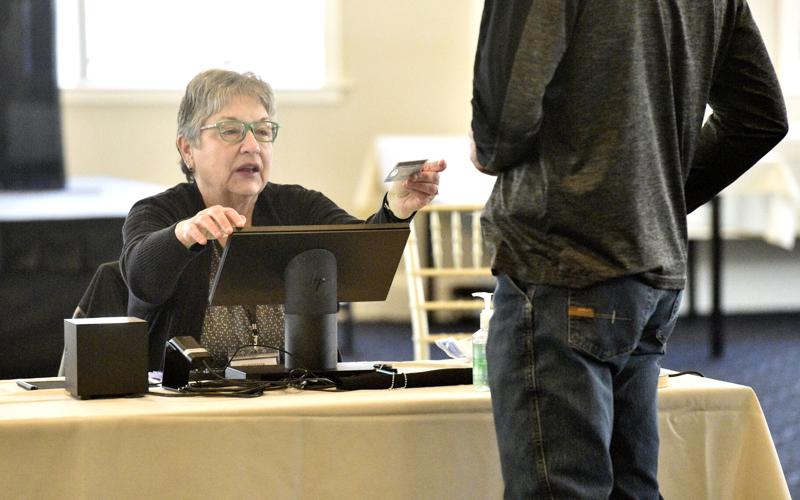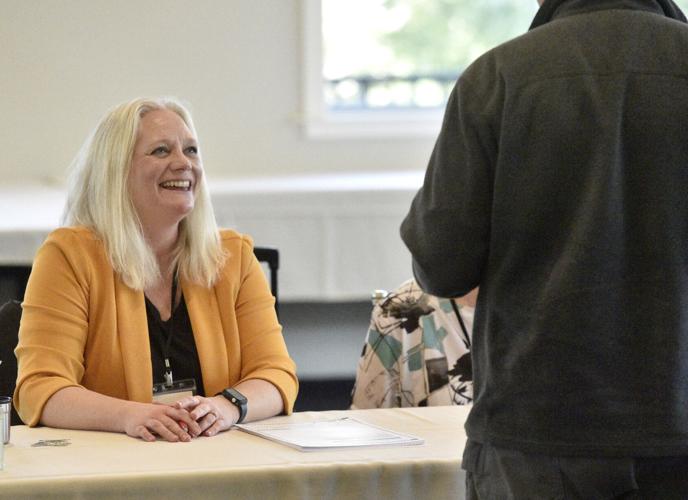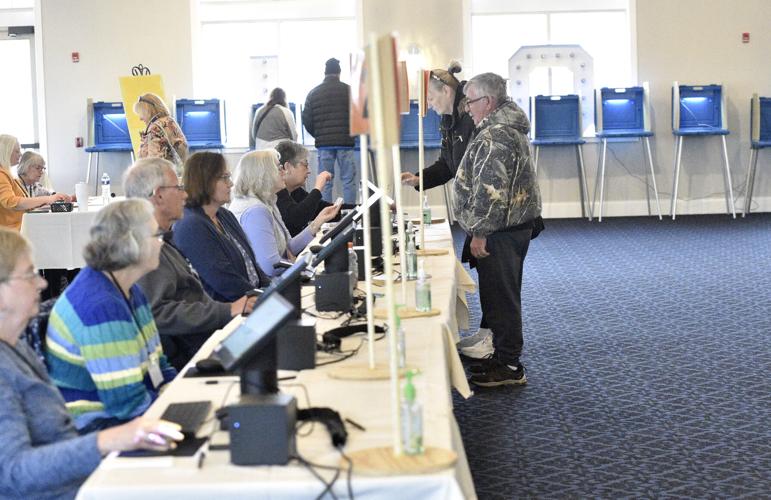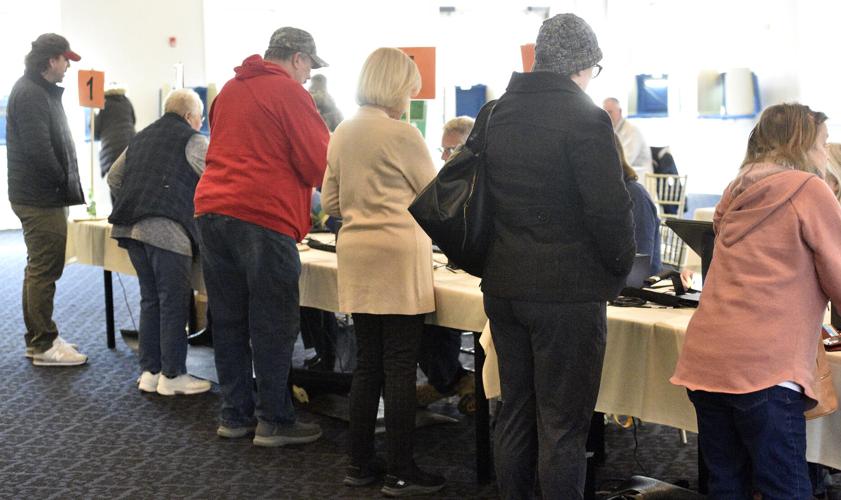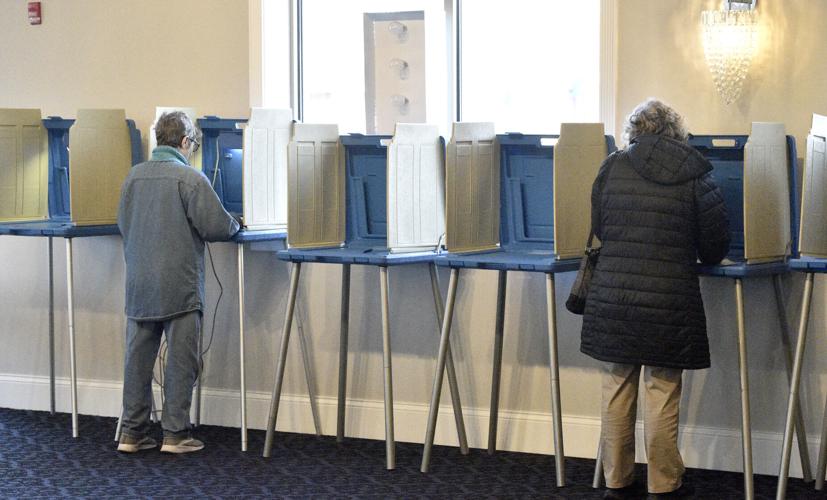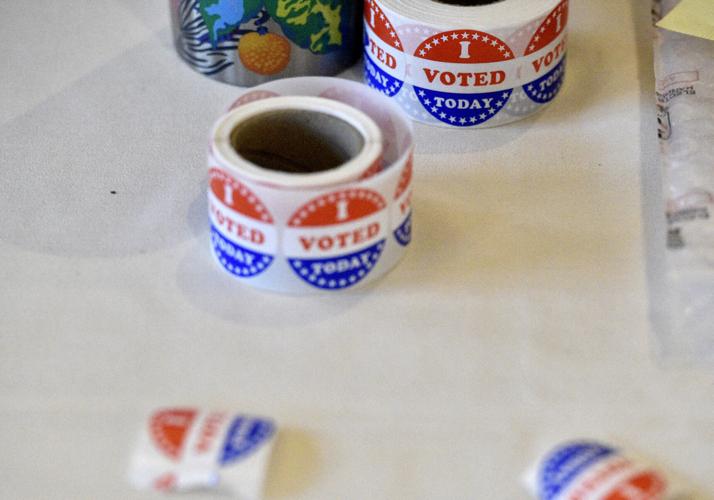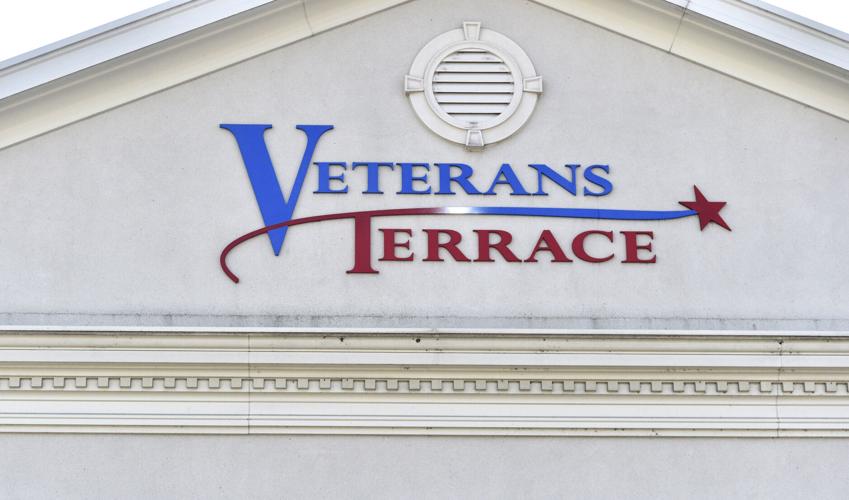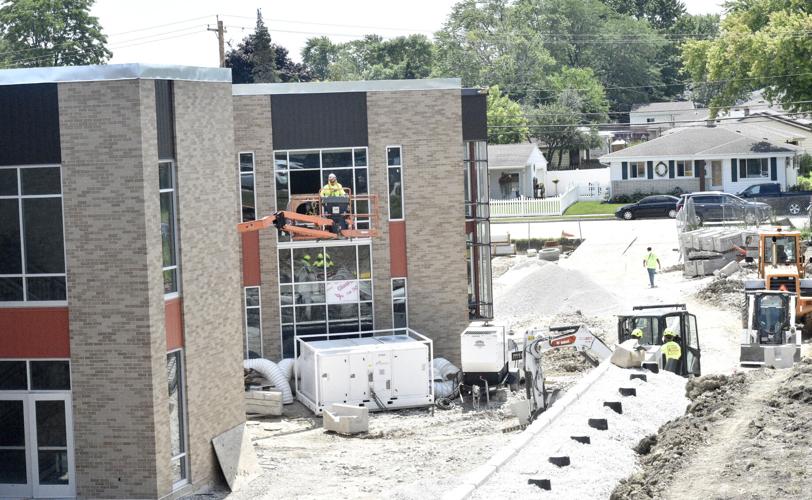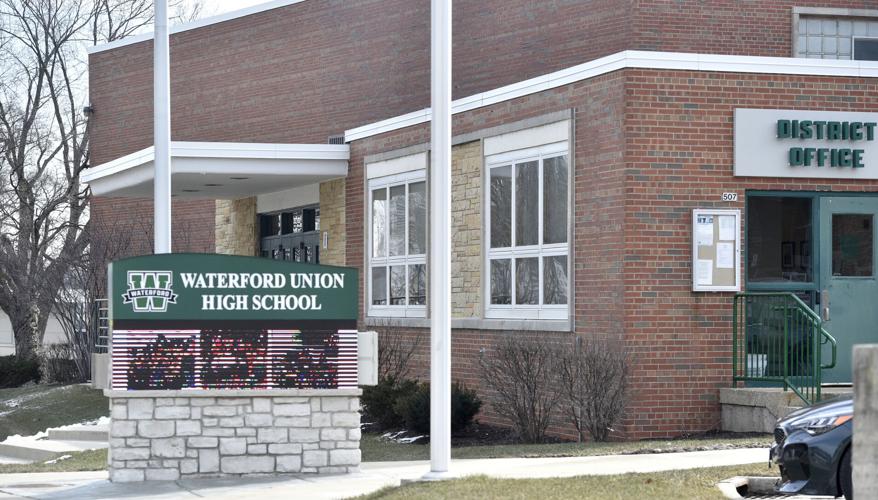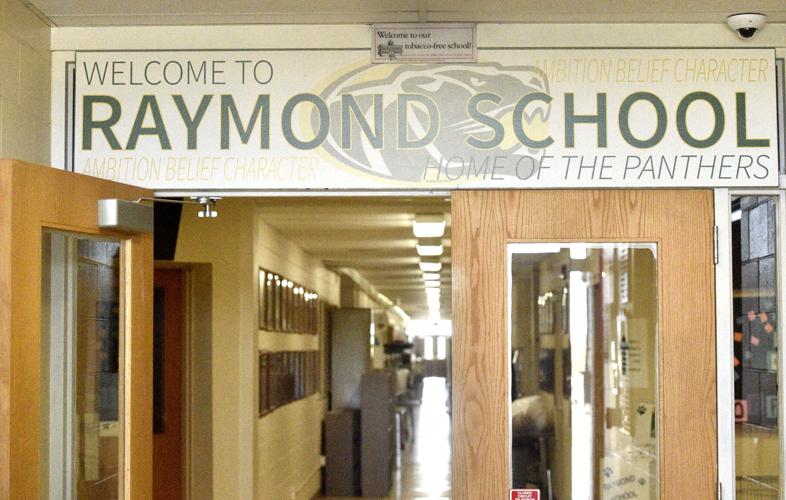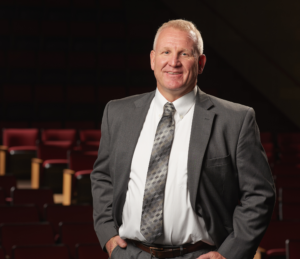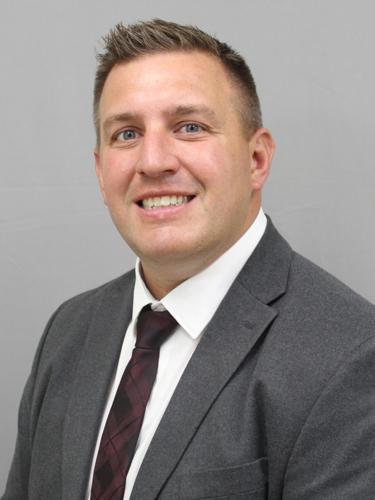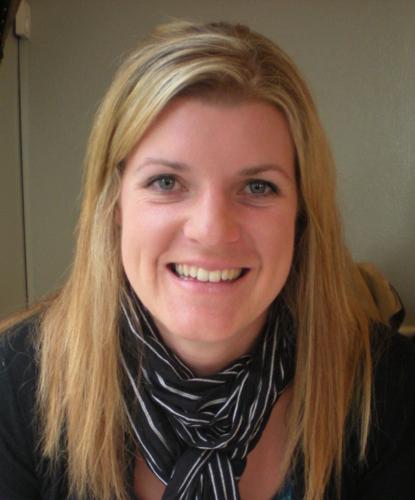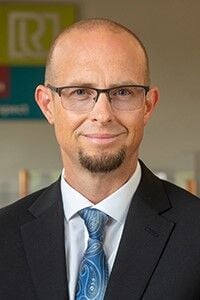RACINE COUNTY — School referendums have become more common in Wisconsin, and they likely will continue to be frequent in the years ahead.
A referendum gives people who live within the boundaries of school districts the chance to vote yes or no on districts’ requests to borrow money.
There are two types of referendums: capital and operational.
A capital referendum funds building construction. An operational referendum helps cover expenses associated with running a school district, such as employee pay, benefits, heating and electricity.
There are two types of operational referendums: recurring and non-recurring.
A recurring referendum allows districts to exceed the state revenue limit in perpetuity, although districts are not required to spend the referendum money every year.
People are also reading…
A non-recurring referendum is for a certain length of time, often a few years.
If approved, referendums authorize school districts to exceed the state revenue limit by increasing local taxes.
On an operational referendum, the revenue increase during the first year is all from local taxes, according to Jeff Serak, Racine Unified School District chief financial officer. In subsequent years, the majority of the increase is from local taxes and some state aid.
Districts are restricted in how they spend referendum money.
Operational referendum money cannot be spent to renovate a building, and capital referendum dollars cannot be spent on school operations.
RUSD, for example, could not use capital referendum money to help cover a projected shortage of $34 million in its general fund in 2024-25.
Instead, the district cut 192 full-time equivalent staff positions and decreased department budgets by 5%, among other actions.
By a margin of five votes in 2020, Racine area voters passed a 30-year, $1 billion RUSD capital referendum, the largest in state history.
That referendum is funding renovation work on every RUSD building as part of the district’s long-term plan.

Construction employees work in July to renovate Starbuck School. The work is funded by a Racine Unified School District capital referendum.
Why are referendums needed?
Wisconsin public school districts are mainly funded by a combination of state money and local property taxes.
Despite a $7 billion surplus in the state general fund, state aid has decreased relative to inflation for more than a decade. That means most districts require more money from local taxpayers to operate.
Districts either “have to cut programming or go to referendum to fund those programs,” Serak said. “I don’t know how to avoid it.”

Serak
Many districts, including RUSD, are dealing with declining enrollment, which results in less money from the state.
Federal COVID-19 pandemic aid also is no longer available to schools starting in 2024-25.
Because of those factors, referendums have become more common across the state in recent years.
In 2022, there were 166 school referendum questions, the most since 2001, according to a Wisconsin Policy Forum report.
In 2024, there will be about 150 referendum questions.
This spring, there were 103 referendum questions in Wisconsin, 68 of which were operational referendum questions, the largest share of operating referendums since at least 2000, according to the Wisconsin Policy Forum.
Of those 103 questions, 62 were approved, including a $252 million operational referendum for Milwaukee Public Schools.
That 60% approval rate “is the lowest in a midterm or presidential year since 2010,” according to the Wisconsin Policy Forum.
Jill Oelslager, Burlington Area School District superintendent, said the increasing need to pose operational referendum questions “is really strapping districts.”
“Those (districts) that pass operational referendums are going to be the haves, and those that do not pass operational referendums are going to be the have-nots, and it’s really causing inequities across school districts,” Oelslager said.

Oelslager
There was one referendum in August that failed.
As of Aug. 20, there are 45 referendum questions set for this November.
The Madison Metropolitan School District has the largest question this fall: a $507 million capital referendum. The MMSD also has a four-year, $100 million operational referendum on ballots.
Local referendums
In Racine County, Raymond School will have a four-year, $3 million operational referendum question in November.
In 2022, a Raymond School $14.8 million capital referendum failed.

Raymond School, 2659 76th St.
The Burlington school district is considering posing an operational referendum question in November.
The BASD Board will have a special meeting Monday night to discuss the timing, amount, type and length of a referendum.
BASD had a four-year, $11 million operational referendum this February that failed.
Because the February referendum failed, BASD had to reduce its 2024-25 general fund budget by about $4.8 million.
The school district cut a few dozen staff positions, closed an elementary school, reconfigured grade levels and reduced the number of school days in 2024-25, among other actions.
BASD in 2023 had a three-year, $24 million operational referendum that did not pass.
Oelslager had more than 40 meetings with the Burlington community before this February’s referendum.
She described what an operational referendum was and why it was needed. That is often more difficult to explain than a capital referendum because operational referendum results are less tangible than a new building.
One common misconception Oelslager encountered was that if additional local properties were built, that meant more money for the school district. In reality, because of the state revenue limit, additional properties result in local money coming from more sources, but BASD revenue remains the same.
A Waterford Union High School capital referendum this February failed. It would have totaled about $92 million to renovate the high school and athletic facilities.

A sign encourages people to vote in favor of the proposed Waterford Union High School referendum. Voters rejected the capital referendum in February 2024.
In April 2023, voters rejected a $24.5 million WUHS capital referendum.
In 2022, a $19.75 million capital referendum at the high school did not pass.
Luke Francois, WUHS superintendent, expects that there will be another capital referendum question for Waterford area voters in 2025.
The proposed referendum will be more expensive than prior questions because costs have increased and facilities have worsened.
“There is another looming referendum that the board will have to approve in order to ask the community another question as to how we maintain and stay current in our facilities,” Francois said.

Francois
RUSD has no set plan to pose another referendum question, but the district could consider the possibility.
“It’s premature to say whether or not we will, but I also think it’s not smart of us not to at least explore and be ready to move,” Serak said.
‘Very bleak’ outlook
State aid for public schools was previously tied to inflation but has not been since fall 2009, resulting in less money for districts.
In 2022-23, state funding was $3,235 less per student than if it had been tied to inflation since the 2009-10 school year, according to the Wisconsin Legislative Fiscal Bureau.
The state has “failed to meet the inflationary costs time and time again,” Francois said. “That caused a big gap to get even bigger, and we just fell further and further behind in ability to not only keep our infrastructure up, but to operate our schools … We are not keeping pace with what it takes to educate kids in the 21st century.”

Waterford Union High School, 611 W. Main St.
Unless state funding noticeably improves, referendums will likely be more common.
School district officials do not expect that to happen in the next several years.
“It’s very bleak,” Francois said. “My anticipation is that there will be no change to the state funding formula for the next decade or longer. You’ll see continued shortages of teachers and support staff, substitute teachers. … You’ll get larger class sizes.”
At RUSD, opportunities will not be significantly reduced in 2024-25, but they might be if budget challenges persist.
“We don’t want to do any reductions of programs, but as time goes on and as we continue to have that gap between inflation and our expenses overall, those things are going to come into question,” RUSD Superintendent Soren Gajewski said in July.

Gajewski
Oelslager said BASD is trying creative measures to deal with ongoing budget challenges.
Those include starting a community nonprofit foundation and enrolling virtual school students, but those measures can only do so much to alleviate projected annual seven-figure deficits.
“We’re going to have to come to the community, but we’re trying to make sure we come with what we really need and not overspend,” Oelslager said.
Francois tries not to think too much about the difficult financial reality facing Wisconsin public schools because it is largely outside his control.
He aims to “best deliver education, given the limited resources we have, and try to figure out ways to innovatively be creative to fund our students, because in our community, that’s our future,” Francois said.
Unless their referendums pass, more districts will likely have to be creative with funding in the years ahead.
Seven photos of Burlington Area School District Feb. 2024 referendum voting
Voters made their choices Tuesday regarding a Burlington Area School District operational referendum.


